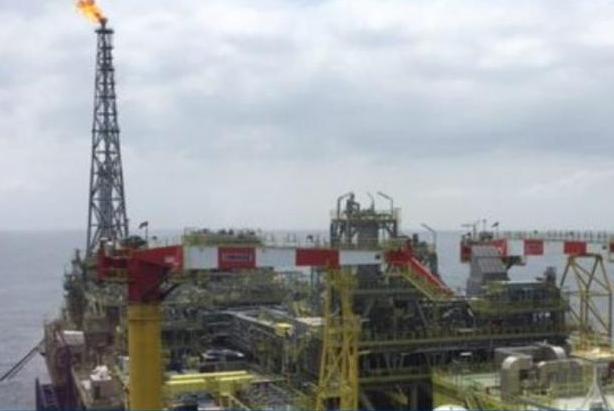In a breakthrough, Vitol Group announced that Ghana is getting natural gas from its own offshore reserves, marking the start of more than a decade of power stability. Photo courtesy of Vitol Group Aug. 21 (UPI) — The power sector in Ghana for the first time is getting gas from its own offshore reserves, marking the start of 15 years of stability, a commodity group said.
Vitol Group reported the Offshore Cape Three Points project started delivering gas to the country’s power producer, marking the start of a stable supply of fuel for the country.
"Gas is flowing from two of the four deep water subsea wells and gas volumes will increase gradually as the country’s downstream gas infrastructure undergoes further commissioning," the company’s statement read.
Downstream refers to the refining side of the energy sector.
The Offshore Cape Three Points was developed in two separate oil and natural gas phases by the regional subsidiary of Italian energy company Eni. Getting gas from its own supplies is important for Ghana because it had relied on the past on imports from neighboring countries. A pipeline from Nigeria was damaged in 2012, leaving Ghana dependent on a heavy grade of crude oil for its power plants.
Vitol Group stated that Ghana drawing on the offshore block means it can get natural gas at a cost that’s less burdensome than imported fuels. The Offshore Cape Three Points should be in production for about 15 years and meet about half of Ghana’s power requirements.
"It is the only deep offshore non-associated gas development in Sub-Saharan Africa entirely destined for domestic consumption and will guarantee stable, reliable, affordable gas supplies to Ghana with estimated energy cost savings of up to 40 percent per year for the state," the company’s statement read.
The field is located in close proximity to the Jubilee oil field, one of the largest discoveries made in recent years. Issues with the components of floating production facilities offshore Ghana have impeded full development, however.
Meanwhile, several of the countries in West Africa are locked in disputes over their maritime borders. An English court in early July ruled against Tullow Oil in a dispute over a rig contract with Seadrill that was cancelled in 2016. The court ruled Tullow erred in cancelling the contract in response to a decision from the government in Ghana to halt drilling at a field then claimed by the Ghanaian and Ivorian governments.
